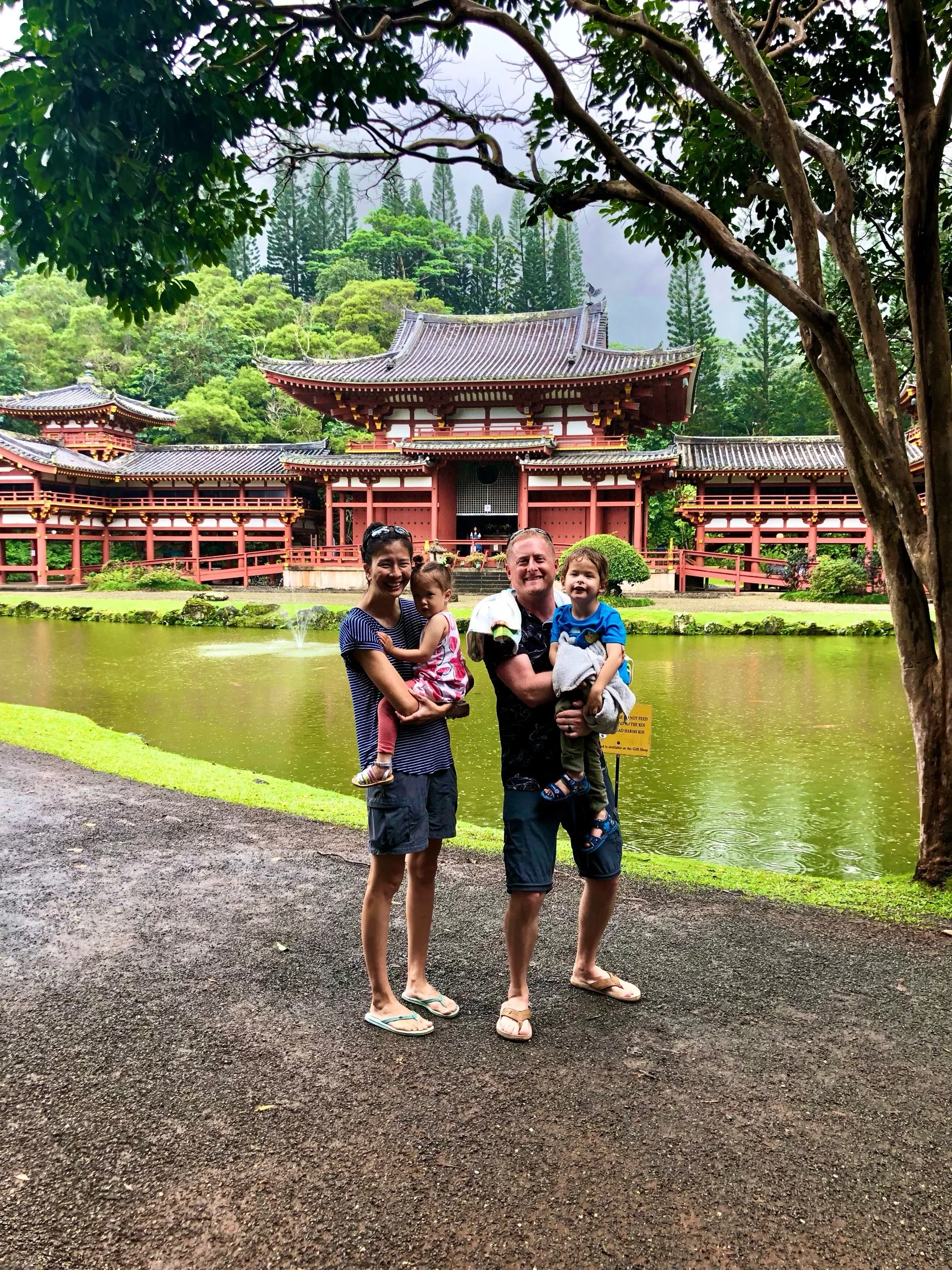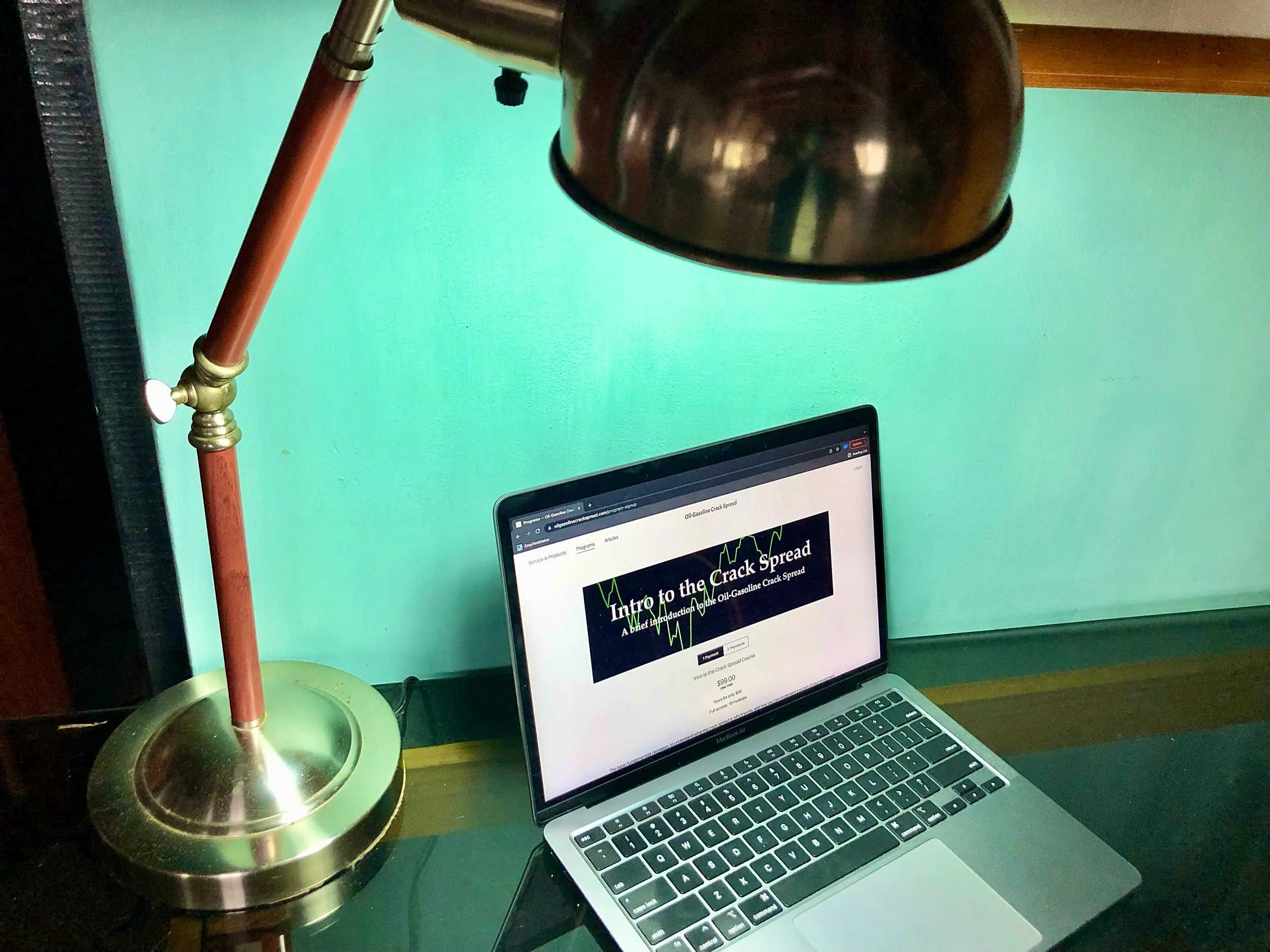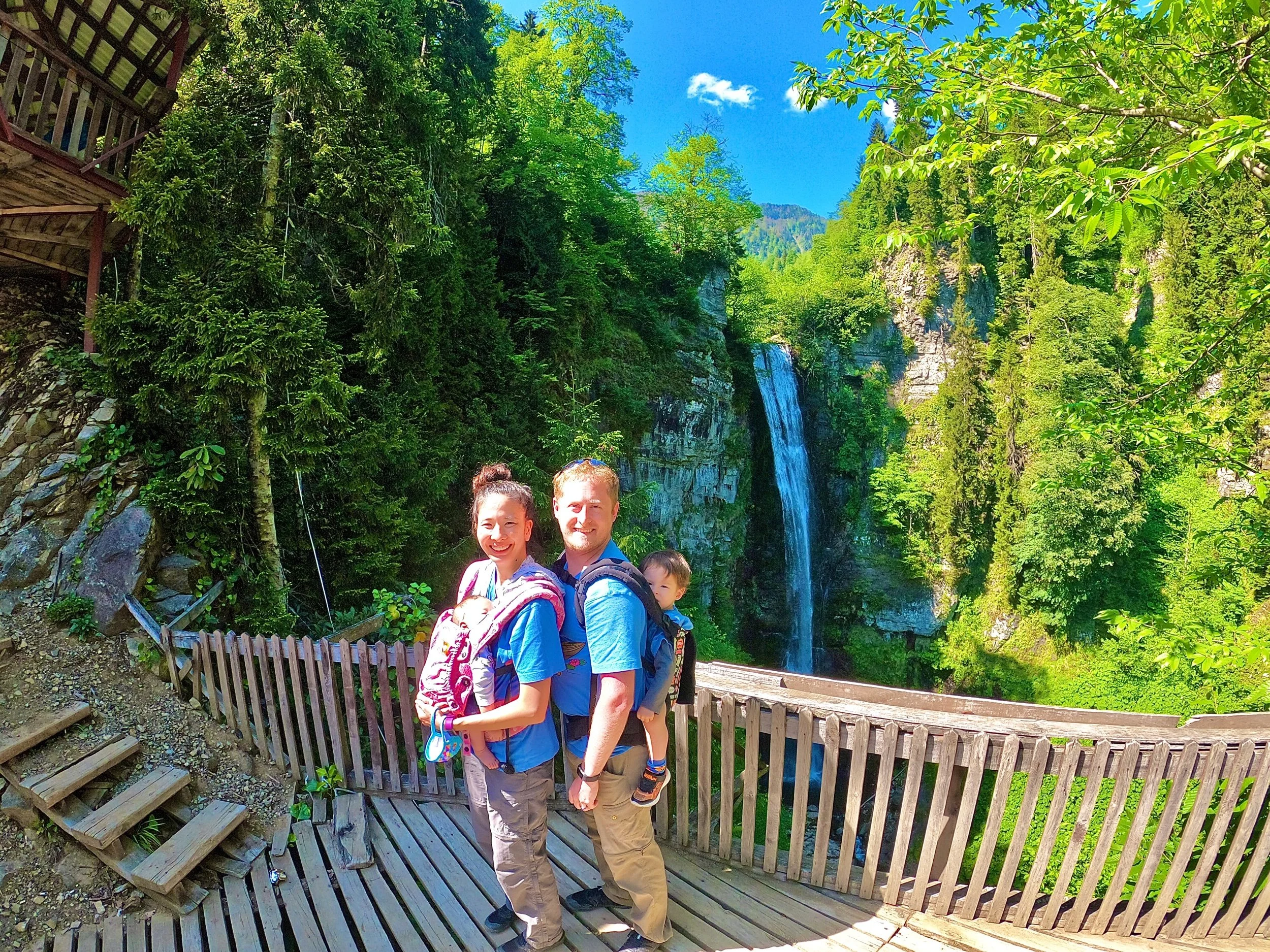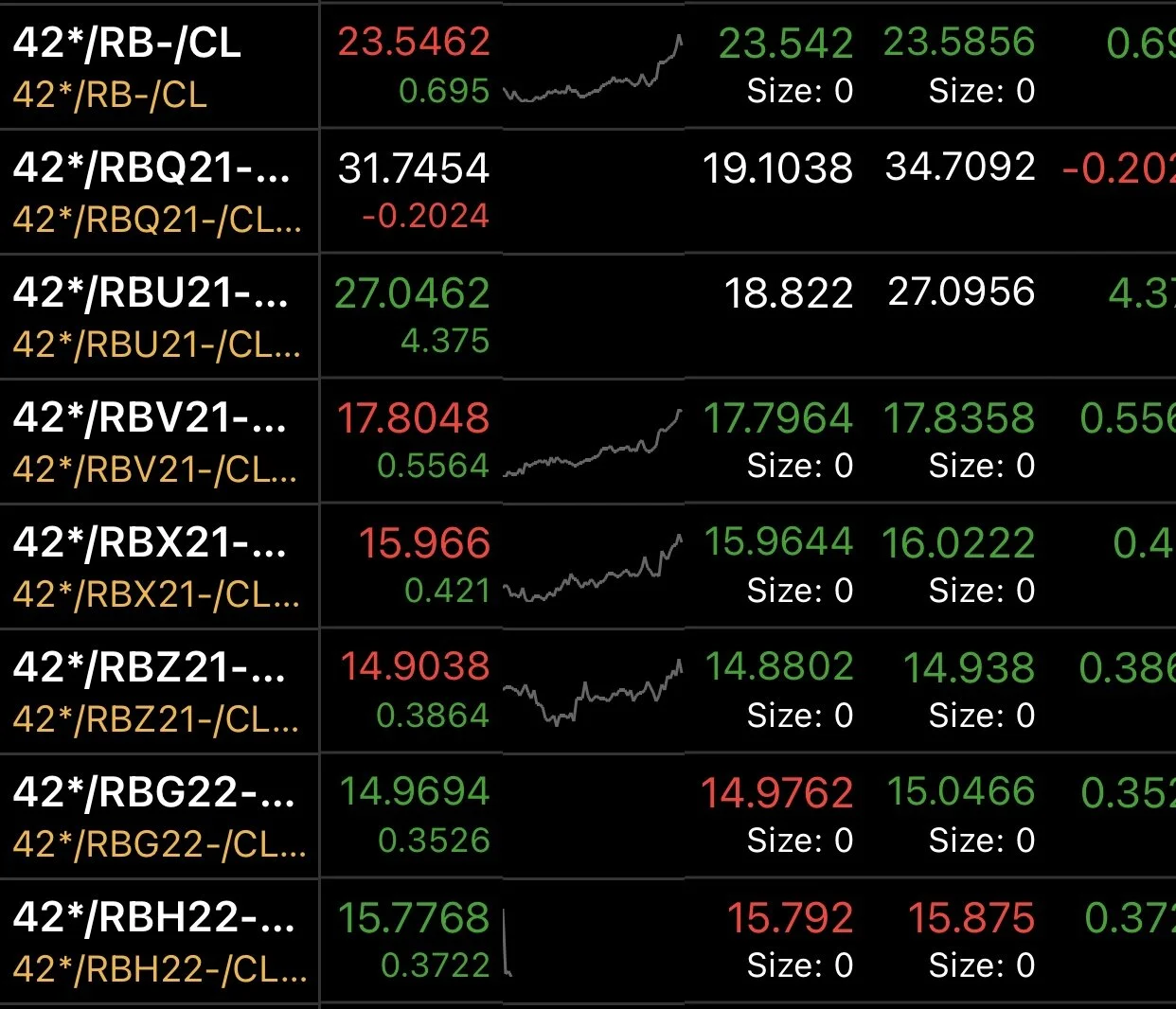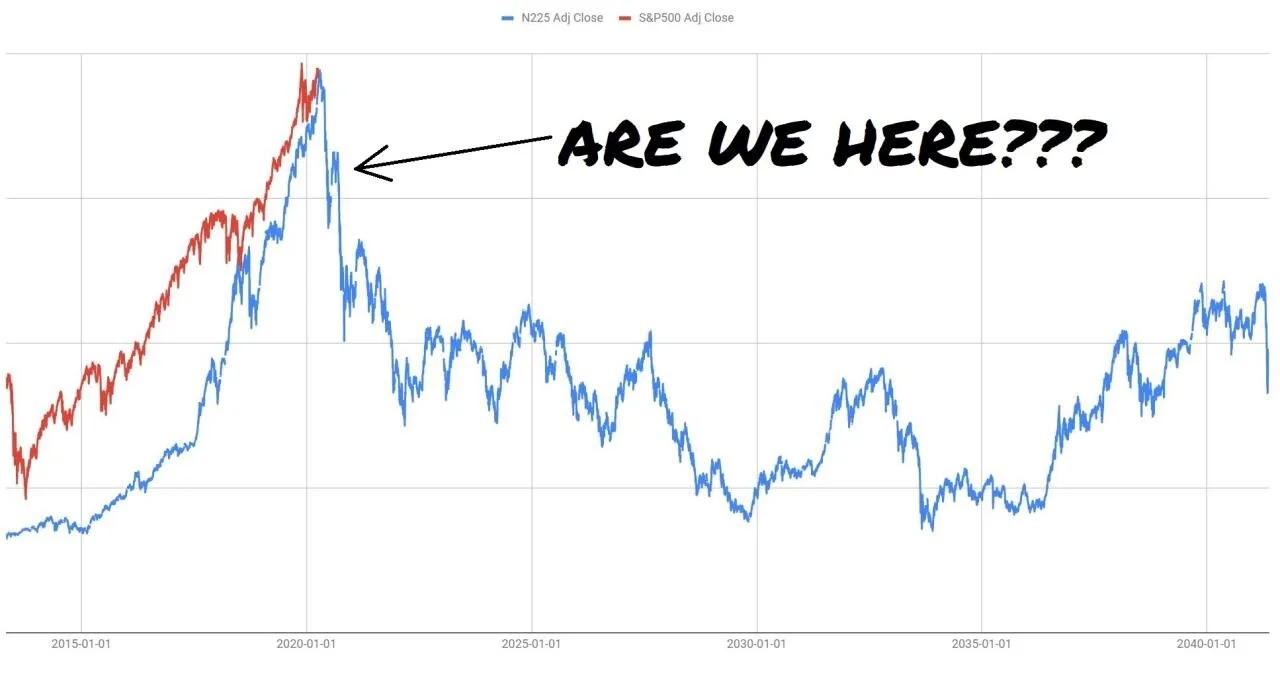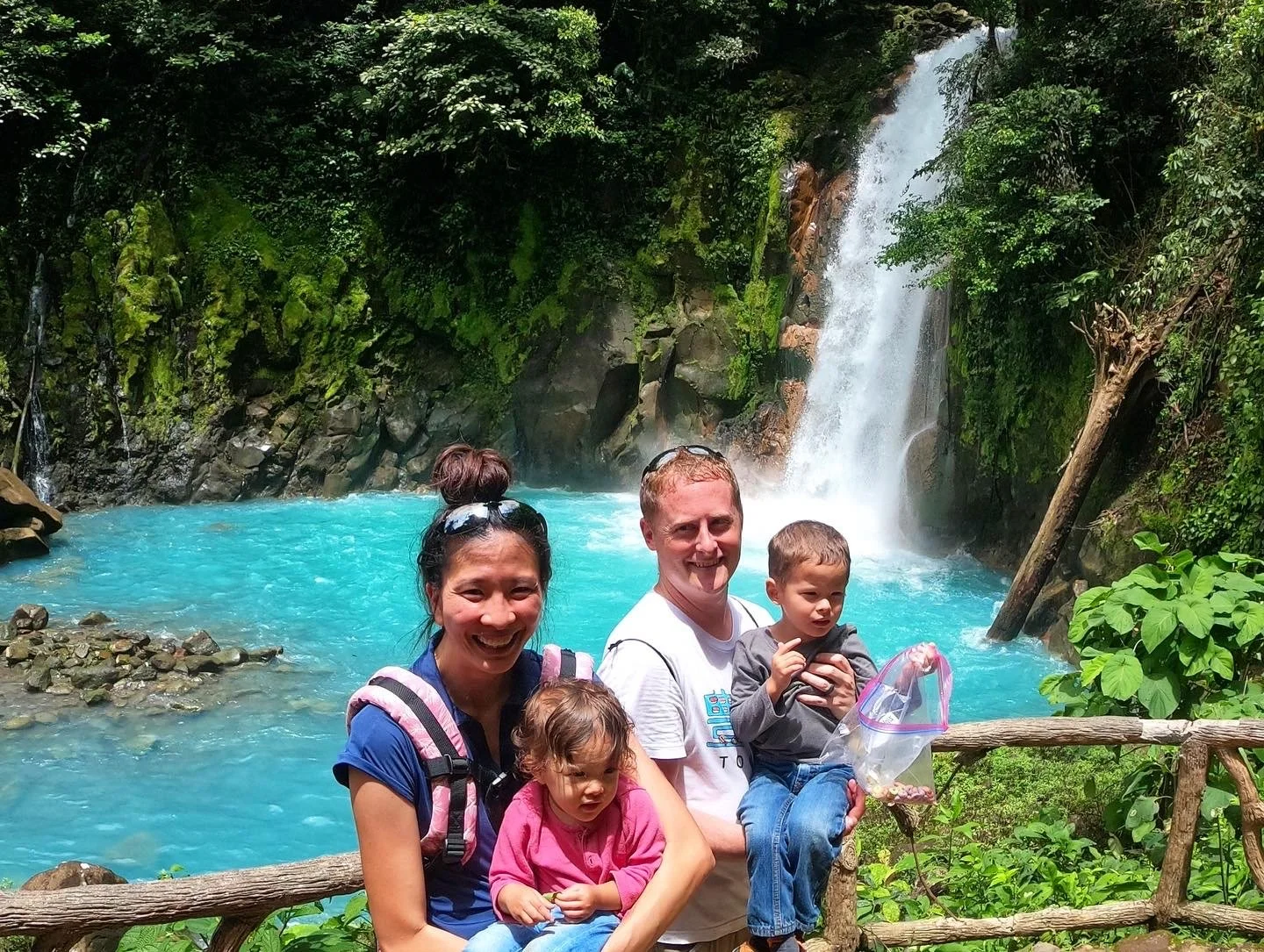Earn Residual Income by Writing a Book - Passive Income & Royalties
Please note: This post may contain affiliate links. See our disclosure to learn more.
NOTE: As an Airbnb Associate, we earn a small percentage when you book through the linkS below. We do not own any of the Airbnb EXPERIENCES posted. Photo courtesy of Airbnb. Thank you!
Remote Jobs > Online Businesses > Earn Residual Income by Writing a Book
Have you ever thought of writing, and publishing, a book? Perhaps Michael Crichton’s book “Travels” planted a seed in your head to travel the world for a few years, and now you want to write a story about your journey like we do. Perhaps you have an elaborate imagination and there's a story rolling around in your head that you would like to turn into a novel - or maybe you simply want to help people by sharing information - everything is possible these days!
We explore the idea of writing a book from the perspective of someone who has been thinking about it for awhile, but isn’t really sure where to get started or if the reward of becoming an author will be worth it. We'll also give you a hint on how much money you could expect from your first book.
The stars in this article are a few amazing authors, who we've had the pleasure to interview, as well as a few excellent courses - hosted by a couple of other authors - and an incredible editor. Together, they provide decades worth of experience and guidance that will help you on your journey to becoming a published author. Here’s the zest of motivation that you’ll need to get started!
Charles Dickinson has been a published author since 1983 and brings with him many experiences with writing and publishing 7 books over the last 38+ years.
Interviews with Experienced Authors
We’ve been lucky enough to get a few interviews with published authors to help you out on your journey. Our interviews are with Charles Dickinson and Andrew Brown.
“Charles Dickinson's latest novel, A Family in Time, is now available exclusively as an e-book. He is also the author of the novels A Shortcut in Time, The Widows’ Adventures, Crows, Rumor Has It and Waltz in Marathon, and the short-story collection With or Without. HarperCollins recently published Waltz in Marathon, The Widows' Adventures, Crows, Rumor Has It and With or Without as e-books. A movie version of The Widows' Adventures is in the works. His stories have been included twice in the O. Henry Awards collections. His fiction and non-fiction have appeared in the New Yorker, Atlantic Monthly, Esquire, Grand Street, the Pikestaff Forum, The New York Times Book Review, the Chicago Sun-Times and the Chicago Tribune.” (Biography from CharlesDickinson.com).
Andrew Brown has published 7 books, written 2, and has another 2 in the works. They are listed at UnderOneHour.com. His first book, Personal Finance in Under One Hour, was published in 2014. Currently, all of the books that he has written & published are non-fiction; However, he is currently considering writing a few fiction books as well.
Additionally, we recommend course experiences with:
Angela Evans, who published her most recent book “Invisible: Fiction but Painfully True” with the nonprofit publisher Grateful Steps in 2018.
Karen Kasaba, who published 2 short stories, and 6 articles, in a number of literary journals, newspapers, and magazines - is filmmaker of “The Garden is Singing: Gianna Walska Lotusland” - and offers a number of online writing workshops, personal consulting sessions, and in-person “guided, themed writing excursions to evocative locations” near Hollywood, California.
Angela evans - intro to writing and publishing books. Photo courtesy of Airbnb.
Where to Begin?
Writing a book requires a lot of patience and skills. You’ll need to craft sentences that will make your readers ask for more. Unlike writing articles, you’ll have to arrange your plots and get to know the characters that you created yourself. Here’s what we’ve asked these amazing published authors:
Would you say that writing requires a lot of patience and/or skills? Also, what recommendations would you have for people that are starting out as soon-to-be authors?
Charles Dickinson: It does take patience but I’ve always enjoyed writing so that’s never been a problem. I’ve never had to force myself to sit down and write. It’s just what I like to do. I’ve always thought people who had to force themselves to write on a regular basis maybe should find something else that they don’t have to force themselves to do. As I used to tell people who thought they wanted to be writers: No one wants you to be a writer. Not your family. Not the culture. Not other writers. If you have to force yourself to write, then don’t. Who needs the aggravation?
Andrew Brown: I think the keys are consistency, persistence, and review. Have a game-plan for your book and treat it like a job. The trick with book publishing is you don't see the majority of the income until AFTER you publish.
If you’d like a little help to get you started, join Angela Evans’ “Intro to Writing and Publishing Books” experience. She is a published author that has written novels and a number of e-books. During your online experience with her, you will learn the nuts and bolts of writing and publishing your own book. You’ll get introduced to several forms of writing, take your first step into the publishing world, and get tips on editing your books and choosing the right layout for them.
an author’s guide to writing a book. Photo courtesy of Airbnb.
Planning and Brainstorming your Ideas
The most crucial part of starting a book is the brainstorming process. During this initial stage of writing, if you’re writing a fiction book, you’ll have to figure out the main plot of your story and create a rough outline of the chapters - this is where you have to pour out all of your creativity and imagination on the table. If you’re writing a non-fiction book, you’ll need to organize the information that you want to present in a way that will flow well with your readers - building up from from one topic to the next. Here’s what we asked the authors:
How long did it take you to write your first book compared to your latest book? What were the longest and shortest time frames?
Charles Dickinson: I wrote my first published novel in about 2 years, but I also wrote my first novel ever in middle school (it was called junior high back then) and I’m foggy about how long that took. I wrote about 6-8 novels before I got one officially published. The book I’m working on now has taken years, it’s still not done, and I still love working on it.
Andrew Brown: It's actually taking me longer to write my current book than it did my first. The difference is the other responsibilities in my life.
Do you have any recommendations for others when arranging plot lines or depth of characters?
Charles Dickinson: I’ve always envied writers who can outline their plot beforehand and find and fix the weaknesses in their stories and get it all set in their minds before they start writing. I’ve never been able to do that. I just have an idea and go from there. It’s really what works best for each individual writer, whatever is most comfortable. If you enjoy the process and the results, that’s the best you can ask for.
If you find that you need help in this stage of writing your book, you can reach out to Angela. She will guide and teach you how to begin your story with the rough plot that you have jotted down in your notes. Characters play the most important part in a book. In her “An Author's Guide to Writing a Book” experience, you can discuss your characters’ development and learn why it is the most important part in writing a book. You’ll also learn how to craft and insert characters’ dialogues in your book.
Karen Kasaba’s “Intuitive writing workshop - hollywood”. Photo courtesy of Airbnb.
Improve Your Writing Skills & Explore Your Creativity
The best part of writing a book is that you can write about almost anything. Love mysteries and crimes? Write thriller novels. Like stories that are set in a post-apocalyptic world? Go for the action-adventure genre. Want to share knowledge that you’ve gained over the years? Non-fiction is where you want to be.
The number one rule of becoming a writer is to never limit your creativity - this is one of the best skills that a writer can have! Write something, read through it, get feedback, improve your writing and vocabulary, rinse and repeat.
If you need someone to get feedback from, and help give you ideas to expand your creativity, this One-on-One Writing Coaching session with Angela will do the trick. She’ll also share with you a number of tips and techniques to seriously improve your book writing.
However, while writing your book, you will likely face writer’s block at some point and you might feel demotivated at times. Here’s what the authors had to say about that:
What recommendations would you have regarding writers block and how to get past it?
Charles Dickinson: The cure for writer’s block is to have something to write about, and to write about what you know. The more you know and understand and experience about the world and the people in it, the less likely you are to face writer’s block.
The first novel I wrote, back in junior high school, was about the US Navy. What did I know about the Navy? Nothing, really. I just used whatever I found in my dad’s copy of the Bluejackets’ Manual from when he was in the Navy during World War II.
If I could go back in time (which I’ve written about in two novels, so I know what I’m talking about) I would tell the shy kid writing about the Navy that now (or then) was the time to start doing things, going places, learning stuff, and especially meeting people, so that in the future you will have something to write about. Trying to know and understand and relate to people is the secret to writing interesting characters whom other people will want to pay money to read about.
Learning to get along with people, to listen to them and try to understand them, to learn from them, is the first step to never having to deal with writer’s block. Join a club, strike up a conversation, apply for a job, volunteer somewhere, learn a new skill, ask someone to lunch, or, most especially, go to your local library. Our public libraries are proof that writer’s block can be overcome.
Any or all of these activities will not only make writer’s block very unlikely, they will fill your life with interesting friends and knowledge and experiences and stories that you can tell, or not, as you wish.
Andrew Brown: Read other books, watch similar media, and get out into the world.
If you are still having troubles, it might make sense to do an Intuitive Writing Workshop to help you expand your imagination and creativity - and quickly get your groove back! We would recommend checking out the course hosted by this Emmy-nominated filmmaker and fiction writer, Karen Kasaba.
Karen is “an Emmy-nominated screenwriter, multiple award-winning playwright, filmmaker and fiction writer.” She has “published work in numerous literary journals, newspapers, and magazines. After studying art and playwriting at UCSB, [she] graduated with a BFA in Filmmaking from Art Center College of Design. [She’s] a member of WGAw and SAG•AFTRA. {Her] writing approach and philosophy are influenced by [her] study of dreamwork, shamanic journeywork, filmmaking, acting, and improv training with The Groundlings. [She’s] devoted to finding innovative ways to collaborate with writers, artists, travelers and teachers to spark insight and inspire authentic, intuitive expression.”
Karen’s goal is to guide you to be a better writer and increase your confidence in writing. In her “Intuitive Writing Workshop - Hollywood” - you’ll be able to discuss your problem(s) with the writing process, and even go through the story that you have in mind to get professional advice. She’ll then customize a few writing challenges to help you unleash your creativity. After you’re done, you can choose whether to share what you have written with others in the workshop to get supportive feedback - a great help to improve your skills! It’s no wonder that Karen’s workshop maintains a rating of 4.96 out of 5.00 after over 135 reviews - so, you can expect it to get you on the right track!
Michael Crichton, one of our favorite authors, managed to get much of his inspiration from his real-life travels around the world. It’s not surprising that he kept a journal of those adventures and turned them into a non-fiction book as well, called “Travels.”
“Travels”: From the bestselling author of Jurassic Park, Timeline, Congo, and Sphere comes a deeply personal memoir full of fascinating adventures as he travels everywhere from the Mayan pyramids to Kilimanjaro.
Fueled by a powerful curiosity—and by a need to see, feel, and hear, firsthand and close-up—Michael Crichton's journeys have carried him into worlds diverse and compelling—swimming with mud sharks in Tahiti, tracking wild animals through the jungle of Rwanda. This is a record of those travels—an exhilarating quest across the familiar and exotic frontiers of the outer world, a determined odyssey into the unfathomable, spiritual depths of the inner world. It is an adventure of risk and rejuvenation, terror and wonder, as exciting as Michael Crichton's many masterful and widely heralded works of fiction.
An author’s guide to publishing a book. Photo courtesy of Airbnb.
Editing Recommendations
How did you approach editing? Do you use an outside source or have close friends read over the drafts?
Charles Dickinson: I’ve always enjoyed editing so it’s no problem for me to reread again and again something I’ve written and enjoy and tinker with it and change in hopes of making it better. My wife Donna reads or listens to me read everything I write. I’ve also shown manuscripts to friends to read and comment on. I’ve also had the professional editing help of some of the legends in the business after my books were accepted for publication…Bob Gottlieb, Maria Guarnaschelli, Dan Menaker, Bruce Weber, Ben Sonnenberg, David Hartwell, Moshe Feder, and Alison Humes, and those are just the names I can remember.
Andrew Brown: I hire an editor and also have my wife review my work after I've reworked it several times. I'm not great at grammar, so it's good to have someone else take a look. In the format I publish, the books are shorter. Then I do the final edit for consistency with the UOH brand.
If you're looking for a professional editor who can also help improve your writing, we highly recommend contacting Theresa Kostelc, who has worked with us on a number of projects at Eat Wander Explore. She is a former university professor with a Masters degree in English Language and Literature as well as additional education in medieval and early modern literature. Her academic research and professional editing experience includes work with several authors - from PhD students in technical fields to game developers to fantasy novelists.
“I have worked primarily with independent and first time authors, so it is quite often a labor of love for them. I take this aspect of what I do very seriously - whether it is to make their manuscript shine before self-publication, or prepare it to shop out to agents and editors, I work with authors to polish their writing to the highest possible degree. I want to give them my best in order to bring out the best in their work.” - Theresa Kostelc
You can check out her services page here. We know she'll both improve your writing and really add the wow factor to your writing!
Andrew Brown attends a book signing event with the books that he's helped get published.
How to Publish Your Book
Now that all of your scribbles of the characters have been put to use and you’re satisfied with the storyline of your novel, it is time to publish it. There are several ways to get your book published - you can send your manuscript to publishers and see if they are interested in your writing, you can send it to an agent, or you can also publish it by yourself. Here’s the advice that the authors recommend:
Did you send your manuscripts to publishers? If so, why did you choose the one(s) that you did? Any recommendations on choosing publishers today? Is self-publishing a good option?
Charles Dickinson: I sold my first professionally published short story—“My Livelihood”— to Esquire on my own, and when it appeared I was contacted by Robin Straus, who did an excellent job as my literary agent for more than 35 years. The publishing industry today is very different. I self-published my most recent novel, “A Family in Time,” on Amazon after it was turned down by Tor, the publisher of “A Shortcut in Time,” the book to which it is a sequel. Overall the self-publishing route worked OK, but I would rather have an actual publisher put my books out. The promotion side of the business is best handled by pros, and I have never been very good at or comfortable with going online and shouting, “Look at me! Look at me!”
Sending your manuscript directly to a publisher to see if they want to publish it is, in my opinion, a colossal waste of time and postage. Finding an agent is the key, and getting an agent to take you on as a client is almost as hard as sending a book “over the transom” to a publisher. Remember transoms?
The key is to query several agents who represent the kind of book you have written. Sending a dystopian thrill ride to an agent who reps only cozy mysteries is a waste of your time and the agent’s. Go to the website of the agent you want to hire and check out their criteria for a query, which is what an author does in the hopes of being represented by that agent.
Follow those rules to the letter. They will frequently ask for “comps,” which is a list of other authors and titles that are similar—comparatively—to what you have written.
Query many different agents. Most take weeks to make a decision and often they won’t even tell you if they are not interested in your book. The more queries you have out, the more likely you are to find someone to sell your book. It’s tough work being an agent, and it’s tough work finding one. My advice is to start writing your next book while you try to sell the one you just finished. That will take your mind off the process of finding an agent.
Here I would like to put in a plug for the Off Campus Writers’ Workshop, celebrating its 75th anniversary of helping writers and wanna-be writers. The OCWW, located in the Chicago area, and online always and on Zoom during the pandemic, offers programs and support throughout the year featuring professionals in the writing, agenting and publishing industries who provide invaluable knowledge and insight on every facet of writing, editing and publishing. I can’t recommend the OCWW enough. You can find them at: https://ocwwinfo7333.wildapricot.org
It is also very likely that such an outstanding organization exists near wherever you are, ready to welcome you to the wonderful and wonderfully frustrating world of being and trying to be a writer.
Andrew, have you been successful with publishing your books on Amazon? Also, I understand that you help some people publish books under your label, how does that work?
Andrew Brown: Absolutely. I've also tried Smashwords and I like what they have to offer, but because they publish to every platform, you really [lose] control of the formatting and page spacing. So for now, I mainly focus on Kindle. Essentially, I have created a system and book format that fits most non-fiction topics. If anyone is interested, they can go to my website with a topic in mind. Write For UnderOneHour Books.
What recommendations would you have regarding promoting a book once it is published?
Andrew Brown: Be organic and don't force/spam your book. I have not had much luck with Facebook, but it can be a powerful tool. Amazon has the best promotion and the trick is to get the bid pricing correct.
Alternatively, you can also get Angela’s help in guiding you through these options by signing up for “An Author's Guide to Publishing a Book”. She will talk to you about the recommended options and discuss which option might be best to publish your work. She will give you some very specific details on how to successfully get published by publishers and help you navigate your way through that publishing process. As an added bonus, she’ll even teach you how to promote your book!
Angela’s one-on-one coaching session. Photo courtesy of Airbnb.
Passive Income and Royalties
Most people who want to write books are interested in having some type of passive income result from their efforts. Thus, we asked the authors to help give you an idea of what to expect.
Has the income that you've received from book writing over the years provided a sufficient income to pay basic expenses, live a comfortable life, or provided you with a life of luxury like Stephen King, J.K. Rowling, or Michael Connelly? And how have you managed to keep income flowing from books you wrote many years ago?
Charles Dickinson: We spent the advance I received for publishing my first novel, “Waltz in Marathon,” on the down payment for our first house. And over the years I’ve received nice chunks of money from advances, royalties and movie options, but never often enough to not need a regular fulltime job for about 35 years in the newspaper business. Remember newspapers? I started as a sportswriter at the Daily Herald and then worked as a copy editor at the Daily Herald, the Chicago Sun-Times and the Chicago Tribune. I loved the work and, mostly, the people I worked with.
The authors you mention above are in a league of their own, money-wise and creativity-wise. It is a special gift to be able to turn out excellent books people are eager to buy and read on a regular basis.
Michael Connelly, a former newspaper guy, amazes me with his productivity and his ability to write exciting, interesting and readable books year after year.
J.K. Rowling is best-known for that Harry Potter guy, but I’ve enjoyed the books she has written under the pseudonym Robert Galbraith much more.
Stephen King is, well, Stephen King. I can still remember sitting home reading “The Shining” when it first came out. The movie has become a classic, but it is nowhere near as good as the book. His novel “11/22/63,” about the JFK assassination, is my favorite of his books.
It should have won the Pulitzer Prize for Fiction in 2012, but the Pulitzer committee decided not to pick a winner that year because, you know, the publishing business was in great shape and so it was OK to pass up the chance to tell the book-buying public about an excellent novel by a great story-teller, which might get people to go into bookstores and buy the book, plus other books they wouldn’t know about if they hadn’t gone into a bookstore. Remember bookstores? But I digress.
The common denominator of these writers is talent…but if asked I bet they would say it’s way more about hard work, and not sitting at home all the time trying to be a writer but being out in the world meeting people and experiencing life so that when they do sit down at the computer or typewriter or legal pad, they know the story they want to tell inside out.
Andrew Brown: It's been a small amount of profit, but I'm rolling everything back into promotion and the website. [To keep income flowing] I keep amazon promotions going and link to previous books. UOH does quarterly payouts, but realistically, if you publish on amazon, you can see income right away. A good launch is key there, and you really need to try to keep your book at the top as long as possible.
Final Sendoffs from these Amazing Authors
Of the books that you have written, which one(s) would you say is/are your favorite?
Charles Dickinson: My two favorite books of mine are also the two books that have been most popular with my readers, “Crows” and “The Widows’ Adventures.”
Andrew Brown: Personal finance for sure. I am working on a few spins offs of that as well.
We have now added these titles to our reading list and are excited to share our reviews in the coming weeks.
Do you have any favorite authors/books: Charles Dickens, Mark Twain, Jane Austen etc.?
Charles Dickinson: “Charlotte’s Web” by E.B. White.
Mrs. English, my 4th grade teacher in Nora, Ind., read us “Charlotte’s Web” in class and I loved it so much I would interrupt the math portion of our day to ask when we were going to hear more “Charlotte’s Web.” It’s why I’m not very good at math. Also why I don’t kill spiders.
“To Kill a Mockingbird” by Harper Lee…another classic movie that is nowhere near as good as the book.
Also, in no particular order: John Updike, William Faulkner, Tana French, Tim O’Brien, Michael Herr, Gillian Flynn, Michael Crichton, John Steinbeck, Annie Proulx, Jennifer Egan, Vladimir Nabokov, Kurt Vonnegut, Donna Tartt, Barbara Kingsolver, David Sedaris, and James McManus
Andrew Brown: Gary Paulsen was one of my favorite child authors growing up. Robert Kiyosaki has been my most referred to as an adult. Andy Weir is another favorite.
Any other things that you would like to tell any would-be inspiring authors on the journey/lifestyle of being an author - and/or doing it as a side hobby?
Andrew Brown: Start as a side hobby and keep working at it. I really like Andy Weir's author story.
We believe that Andrew is referring to the fact that Andy Weir believed that he had failed as an author prior to making it big with his first published book “The Martian”, which also became a blockbuster film of the same name.
We hope that this article has been helpful for you in your journey of becoming an author. If you’ve found it to be inspiring or insightful, please share it with your friends to help them on their journey to become an author! Who knows, perhaps one of you will be a best-selling author in the future! Let us know how it goes in the comments section below.
FAQ’s
What are the steps involved in self-publishing a book for residual income?
Self-publishing involves writing your manuscript, editing and formatting it, designing a cover, and choosing a self-publishing platform like Amazon's Kindle Direct Publishing. Once published, marketing your book is crucial to generate sales and earn royalties. Utilizing social media, book review blogs, and email marketing can help reach a wider audience.
How does one maximize the royalties from a self-published book?
To maximize royalties, price your book competitively, and consider enrolling in programs like Kindle Select, which offers higher royalties in exchange for exclusivity. Regularly updating your book, running promotions, and publishing in multiple formats—ebook, paperback, audiobook—can also increase earnings.
What are the common challenges authors face when seeking passive income through book writing?
Authors often face challenges such as market saturation, the need for ongoing marketing efforts, and the unpredictability of consumer preferences. Building an author platform and engaging with readers through social media or a personal blog can help overcome these challenges. Consistency and persistence in marketing efforts are key to long-term income.
(1) Earn Residual Income by Writing a Book - Passive Income & Royalties .... https://eatwanderexplore.com/blog/earn-residual-income-by-writing-a-book-passive-income-royalties.
(2) Investment Income Made Easy - Live on Residual Income. https://eatwanderexplore.com/blog/investment-income-made-easy-a-step-by-step-guide.
(3) 14 Super Simple Ways to Build Residual Income - MintLife Blog. https://mint.intuit.com/blog/relationships-2/residual-income-634/.
(4) 4 Most Profitable Passive Income Streams for Writers. https://www.mathiasway.com/passive-income-for-writers/.
(5) 5 Ways to Make Passive Income as a Writer | Entrepreneur. https://www.entrepreneur.com/growing-a-business/5-ways-to-make-passive-income-as-a-writer/376930.
Charles Dickinson’s Books
"The title refers to the crow stories that Ben Ladysmith...was forever telling. The crow stories are charming and touching, as is Mr. Dickinson’s novel. He has gotten hold of something special. One looks forward to following wherever it will take him.”
--Christopher Lehmann-Haupt, The New York Times
“Charles Dickinson is certainly one of the best novelists to appear in the last few years. Crows is both highly entertaining and significantly moral fiction.”
--The Grand Rapids Press
“That most wonderful and increasingly rare sort of novel written by an author who loves his characters beyond measure.”
--Barbara Kingsolver
“Amusing and touching...in the best sense of the word, an entertainment.”
--Washington Post
“Quirky freshness...an original novel...a writer of uncommon interest.”
--New York Times Book Review
“Dickinson works magic in this painful, hilarious adventure...His characters glow with passions, bright blue and dangerous, that jump back and forth between them like arcing electricity...He makes their journey not only captivating, but entirely plausible.”
--Los Angeles Times
"Euclid Heights, Illinois is a town of many shortcuts, between houses, between families. Josh Winkler, a local artist and longtime resident, knows these irregular pathways well, until a hasty run down a familiar walk transports him 15 minutes in the past. At first, Josh is more intrigued than alarmed by this accidental time travel. Then a young woman appears on the walk, claiming to be from 1908... As his life, his family, his town, and even history itself begin to unravel, Josh gradually realizes that his only salvation may lie in a shortcut in time. Charles Dickinson has written a moving and unforgettable book about the way the past can affect the present, as well as, sometimes, the other way around."
"Josh Winkler returns in the sequel to the time-travel classic, A Shortcut in Time."
Andrew Brown’s Book
Jenny, from EatWanderExplore.com - reading “Dinosaurs for Breakfast” to our son, Waltoshi.
Thank you VERY much for reading our article. We actually created this website to help people reach financial independence. Did you know that by having a remote job and traveling endlessly, or living in a country that has low costs of living, you can actually reach retirement quicker? Plus, retirement abroad is up to 75 percent cheaper as well! Learn more by exploring our website: EatWanderExplore and REmotiFIRE.
See our Thank You page to sign up for our free weekly newsletter - you’ll receive only 1 email per week letting you know about our latest travel articles, remote-work life, and amazingly affordable destinations!
Found this post useful? Buy us a coffee to help support this site’s running costs OR share this article with a friend.

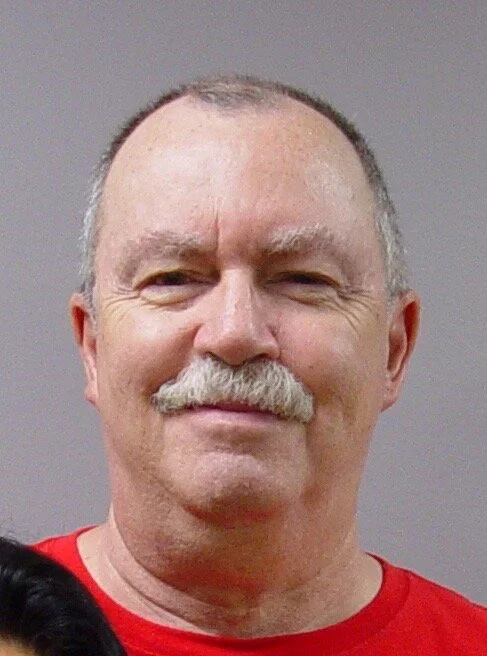

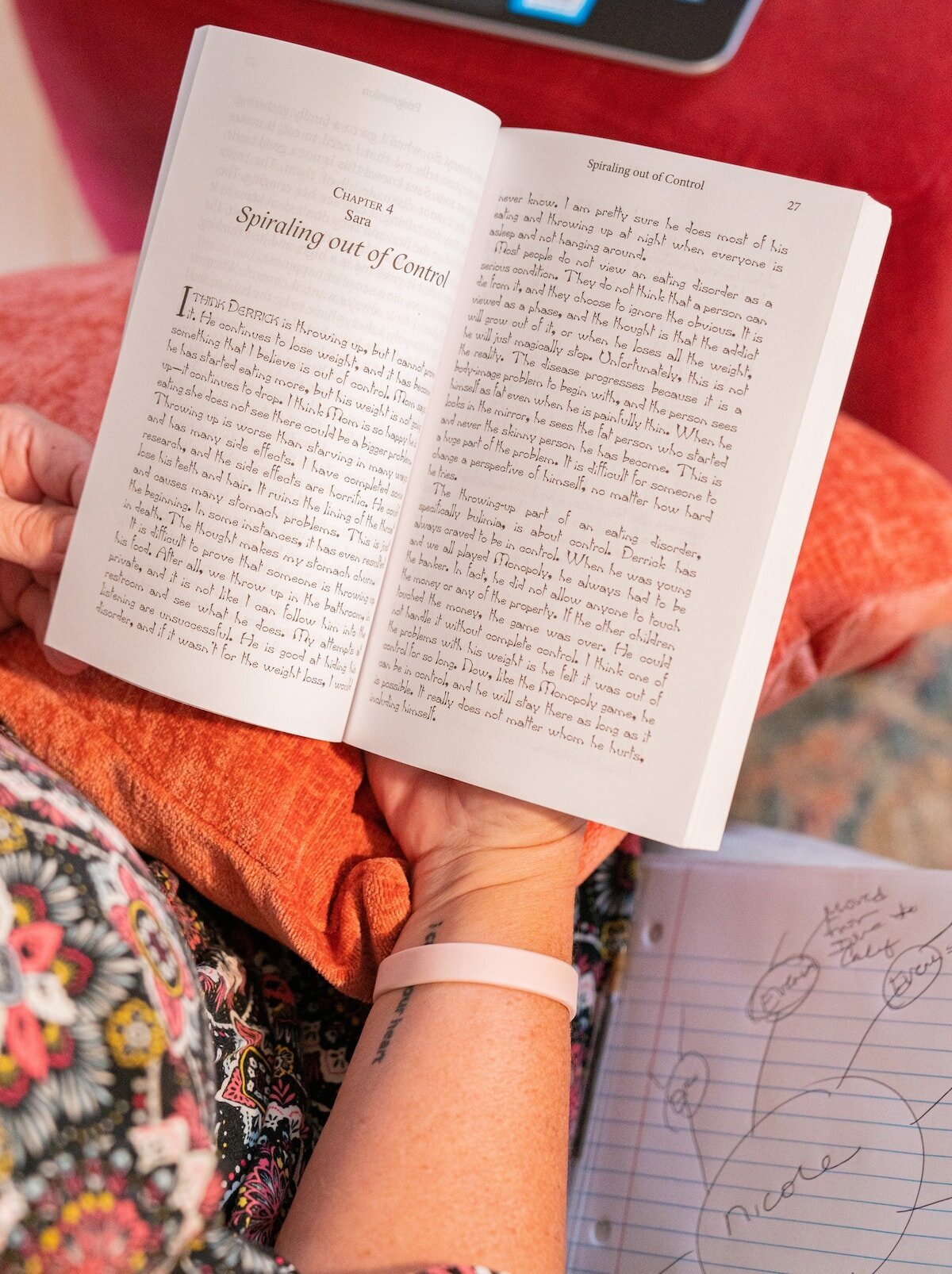





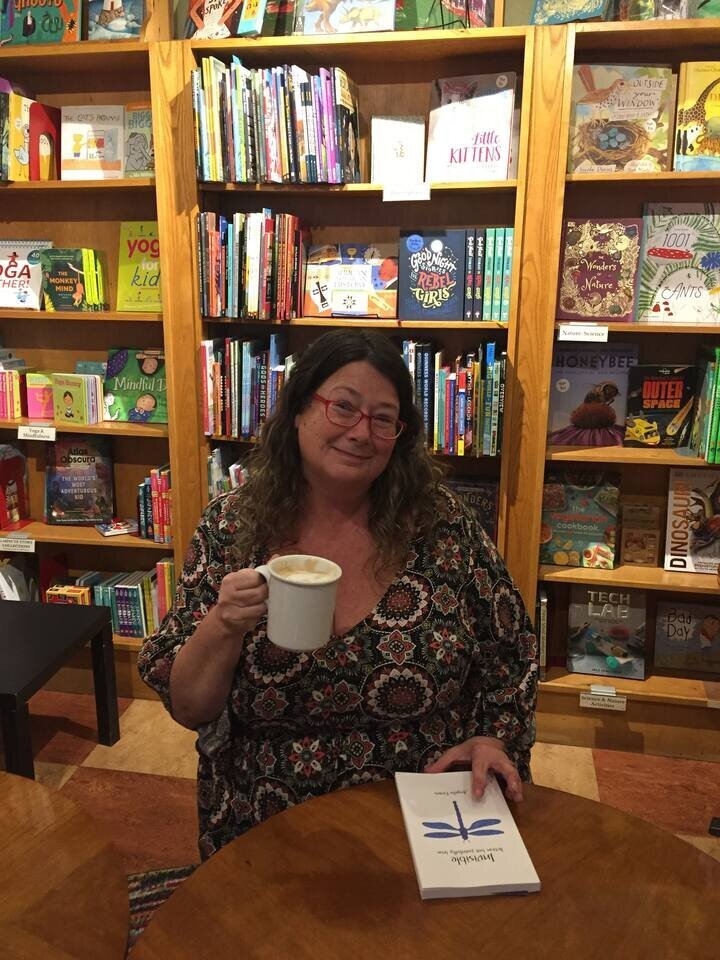


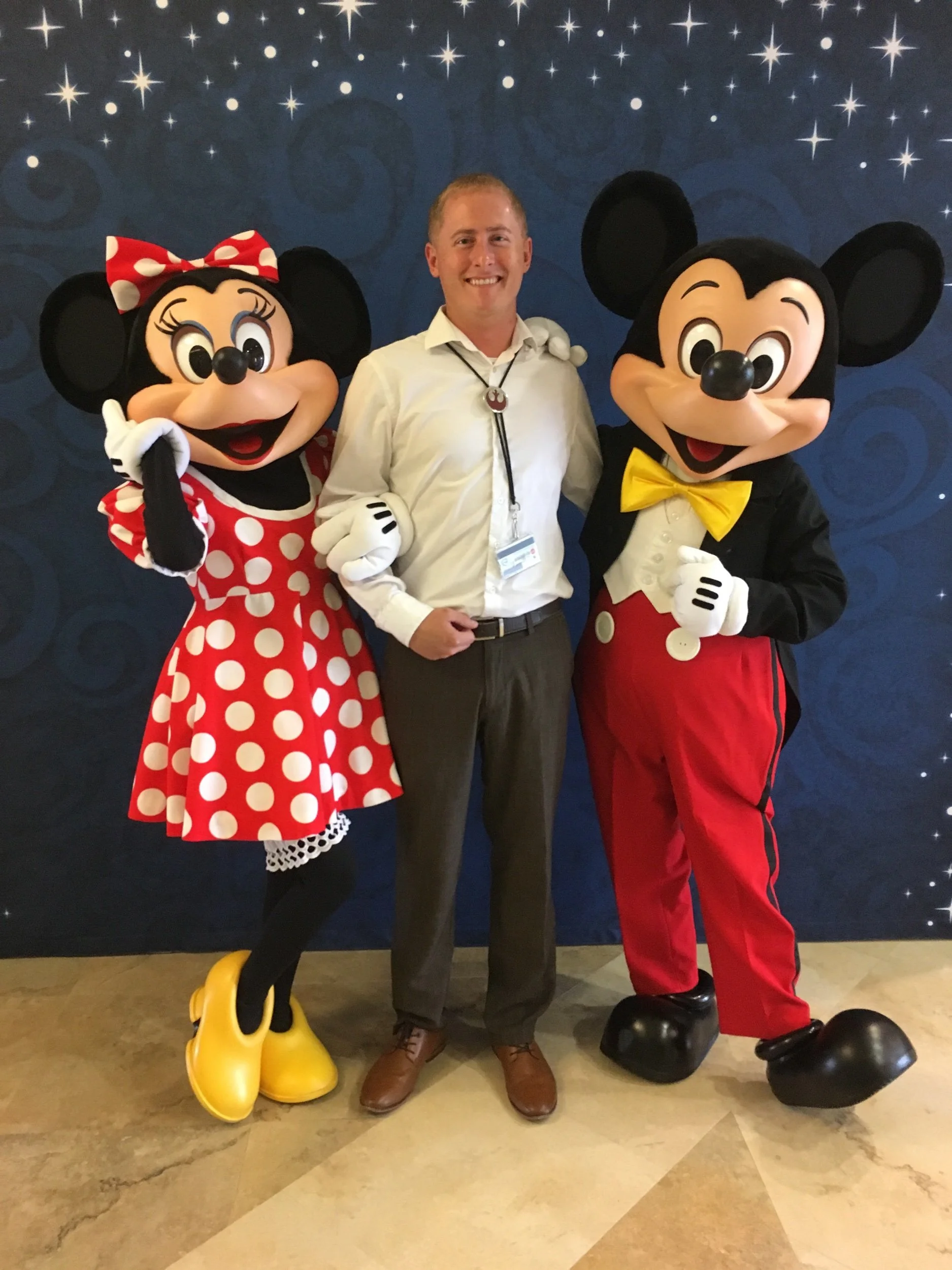

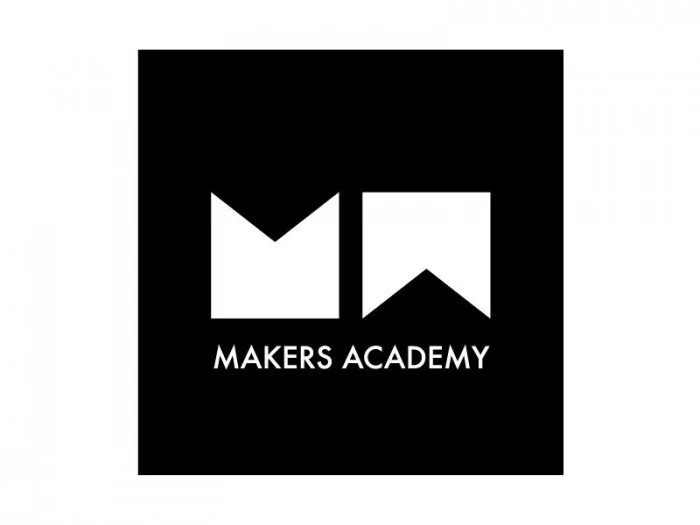
![Tech Elevator Demystified: Reviews, Legitimacy, and Winning Alternatives [2024]](https://images.squarespace-cdn.com/content/v1/5a028c7bbce1766d207a8a6f/1707008329038-96GH4TTYZATP6N3WDWXR/tech_elevator.png)
![Cracking the Code: Coding Dojo Reviews, Legitimacy Check, and Top Alternatives [2024]](https://images.squarespace-cdn.com/content/v1/5a028c7bbce1766d207a8a6f/1707007756149-VSJNN2PHHX2RWK6RSVQM/coding_dojo.png)
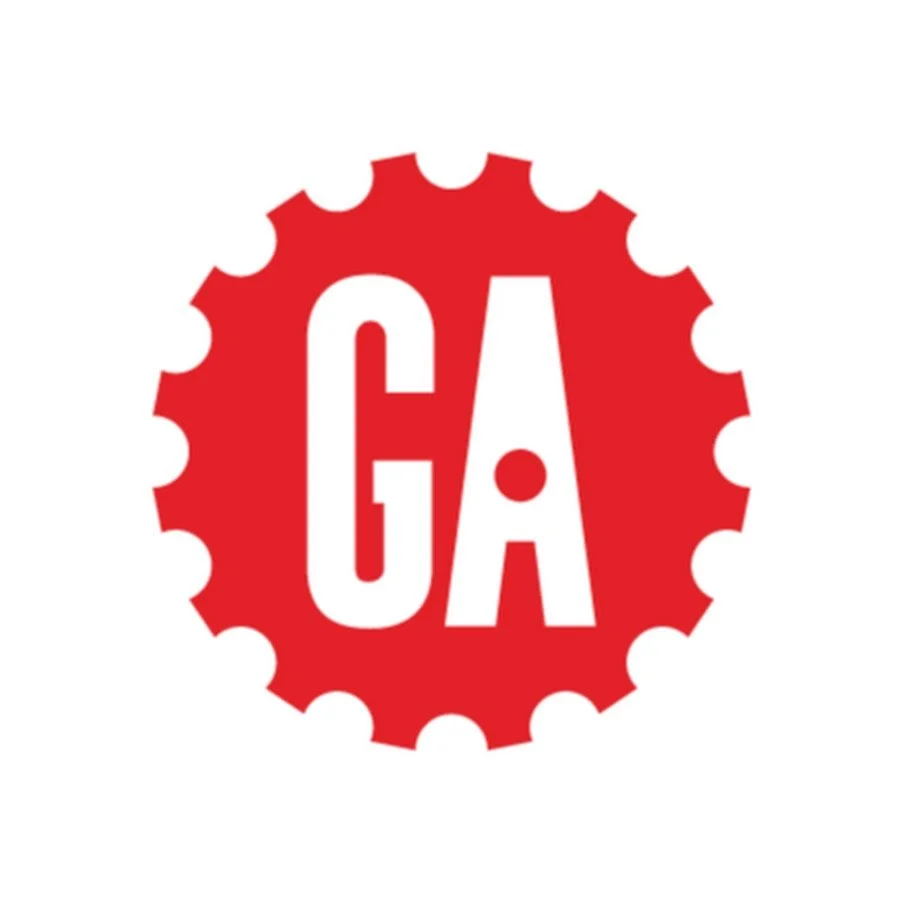

![App Academy Unveiled: Reviews, Legitimacy Check, and Top Alternatives [2024]](https://images.squarespace-cdn.com/content/v1/5a028c7bbce1766d207a8a6f/1707008090320-IUIIV4T416FP5ILRGK5W/app_academy.png)
![CareerFoundry Decoded: Reviews, Legitimacy, and the Best Alternatives [2024]](https://images.squarespace-cdn.com/content/v1/5a028c7bbce1766d207a8a6f/1707008030234-CZTE1805JUCU2M2GK7RO/careerfoundry.png)


